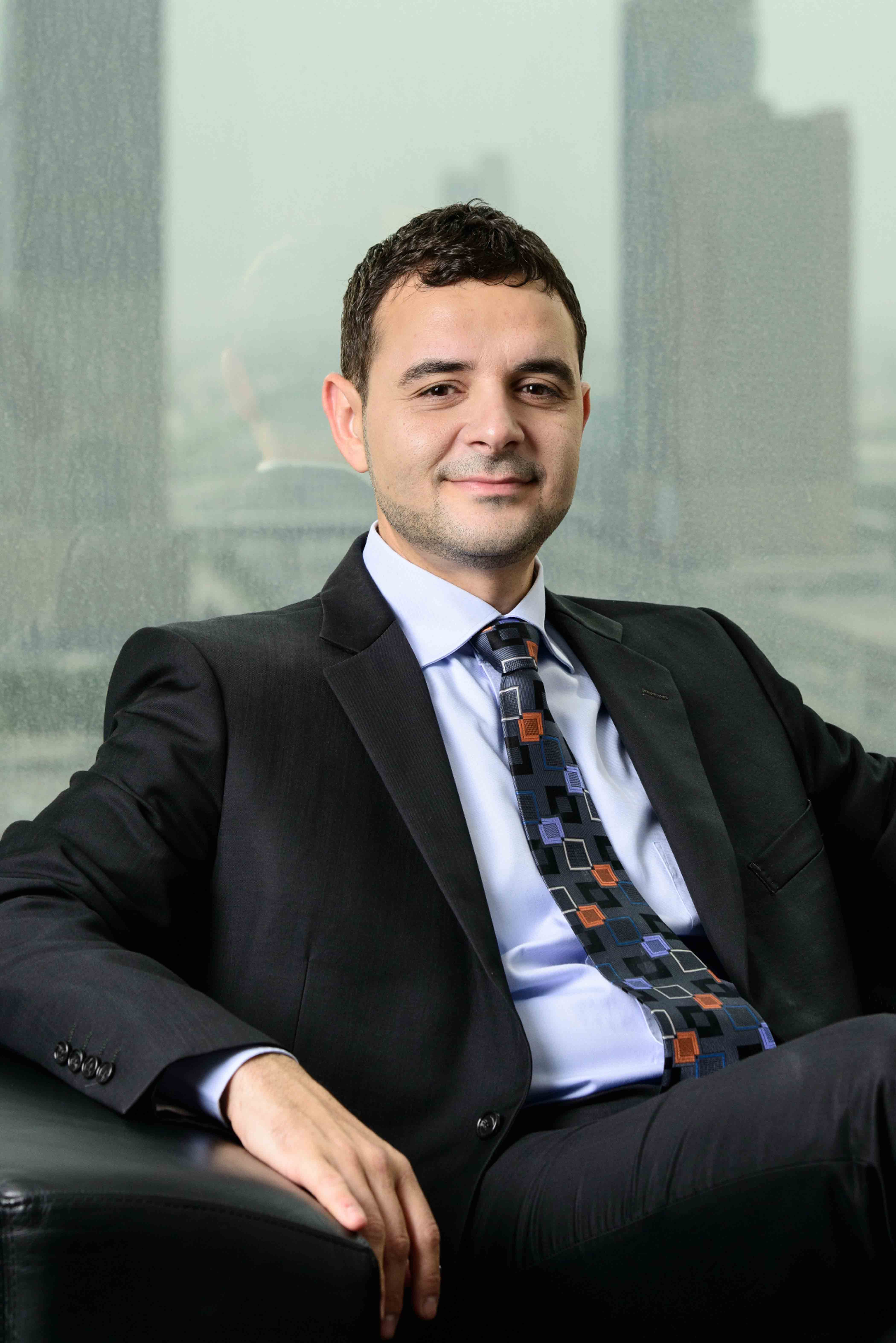SME-sy does it: SAP's plan for big growth from small businesses in the Middle East

Spending on ICT products and services in the Middle East and Africa region will top $270bn for 2015. Within this, three major players are dominating the enterprise application software (EAS) market: SAP, Oracle, and Microsoft Dynamics.
According to research from IDC, SAP enjoys the largest share of the market at 39.1 percent, with Oracle just behind at 34.4 percent, and Microsoft Dynamics languishing in third place with 8.4 percent.
Since late 2007, SAP has opened 12 offices across the MENA region, and it is now home to 1,350 customers, 1,600 qualified SAP consultants, and 120 business partners in 16 countries.
According to Sam Alkharrat, SAP's president for the MENA region, the company is "growing six times faster than its largest competitor", and he cites "strong growth potential in the Kingdom of Saudi Arabia, UAE, Qatar, Oman, and Egypt".
SAP's growth is driven by a combination of "mega-events including [the] World Expo 2020 in Dubai and 2022 FIFA World Cup Qatar," he said, as well as "beyond oil scenarios", where software can underpin the innovation needed to deliver sustainable economic growth.
Partnerships also play a role. "In 2014, 33 percent of SAP MENA's revenues were driven through partners," Alkharrat told ZDNet, particularly in verticals including oil and gas, utilities, financial services, telecommunications, retail, and the public sector.
Targeting SMEs
Globally, 80 percent of SAP's 282,000 clients are SMEs. The importance of this sector to its current business is underscored by the fact that "the majority of new SAP customers [are] SMEs," Alkharrat said. For these customers, the challenges that they face are often the same in both developed economies and expanding frontier markets like the Middle East, he added.
Their top five challenges, he said, are "access to markets, access to trusted advice and talent, access to financial solutions - not only loans, but also venture capital or private equity," alongside "productivity tools, especially cloud-based solutions," and "working within regulatory frameworks, and simplifying them".
With SMEs in mind, SAP has been working on a variety of public and private sector plans, including its Ariba Businesses Network - which "offers access to the global marketplace" - its cloud-based Strategic Enterprise Management product, and a new reseller agreement with UAE-based Injazat Data Systems.
Skills and training
SAP has also undertaken a number of high-profile initiatives aimed at developing skills and knowledge about SAP among younger workers, including partnerships with the American University of Sharjah, an advanced SAP professional certification program in Saudi Arabia, and the creation of a regional SAP Training and Development Institute based in Dubai.
Dubai Internet City
SAP's Young Professional Program has seen over 200 Saudi-based students graduate since it launched in 2013, with 97 percent securing careers within the SAP customer and partner ecosystem. A further 6,000-plus students in the Kingdom, from 29 Saudi education academies, have taken part in the SAP University Alliances programme.
These efforts have delivered "an in-country value of almost $20m," Alkhatratt said, by "providing students, young graduates, and experienced workers with essential SAP-related business skills on applications, analytics, cloud, platform, and mobility".
Outside of Saudi Arabia, the American University of Sharjah became the first SAP Dual Study program in the MENA region last year. The initiative, now rolled out to six universities in the region, aims to embed SAP learnings into existing university courses, so that students can be certified in SAP software and graduate with industry credentials.
More widely, SAP works with 93 universities - and 13,000 students - as University Alliance Partners in MENA, while its Young Professional Programme, which launched in 2013, encourages recent unemployed university graduates to become SAP-certified associate consultants. The programme "has received thousands of applications across its 12 cities in the UAE, Kingdom of Saudi Arabia, Oman, Bahrain, Jordan, Lebanon, and Pakistan," Alkharrat told ZDNet, with 540 students graduating to date, 85 percent of whom have secured employment.
SAP MENA's Training and Development Institute is also running a host of programs across the region, with the company aiming to "increase qualified hires, promote gender diversity, and translate business applications into Arabic".
Smart cities and m-government
Alkharrat identifies "sensors in everyday objects" as well as "smart cities, to [the] increasing use of mobile devices in personal and work lives," as potential growth areas in the region. For SAP, the opportunity is for tools like its Urban Matters platform and other data analytics products to enable MENA businesses to turn data into business intelligence.
For an insight into where all this may be heading, Alkharrat identifies SAP City Connect and the Barcelona for You Tourist Network (BCN4U) mobile app. Premiered at Mobile World Congress last month, the app provides businesses and tourists in Barcelona with real-time information related to sightseeing attractions, events, transportation, lodging, and dining.
"BCN4U leverages the Internet of Things to improve the tourist experience by offering customized and location-based activity suggestions with secure payment transactions and offers and coupons," Alkharrat said. Using live data from a variety of sources, the app will provide real-time updates about changes in opening hours, transport delays, or other information relevant to your plans across the city.
Challenges
"In an era of lower oil prices and rebounding demand," Alkharrat said, "MENA oil and gas companies need to invest in technology to shift from growing volume to enhancing value from their operations," and SAP is hoping to target the sector with big data, cloud, and mobility products.
To that effect, Alkharrat said SAP is "currently working with Shell to develop a new well and reservoir facility management solution that is enabled by SAP HANA to accelerate analytics, and business processes". Its platform will enable "sentiment data processing to increase early production and improve resource optimization," he said.
The company is also working with the Abu Dhabi National Oil Company (ADNOC) to roll out software across exploration and production, marketing and refinery, finance, human resources, procurement, and its supply chain.
Other initiatives include working with the Dubai Government and the Mohammed Bin Rashid School on a series of Innovation Days' exploring best practices in mobility, cloud, citizen-centric applications, big data, social media, and analytics, as well as supporting the Saudi Arabian General Investment Authority (SAGIA) in deploying new ERP and CRM products.
The future
Alkharrat is enthusiastic about these new opportunities and the region as a whole.
"Largely without legacy systems, MENA governments and enterprises have the potential to leapfrog many industrialized countries," he said, highlighting in particular the opportunity to "accelerate their adoption of real-time big data and analytics solutions".
Read more on SAP